Content warning
This story may contain sensitive material or discuss topics that some readers may find distressing. Reader discretion is advised. The views and opinions expressed in this story are those of the author and do not necessarily reflect the official policy or position of Vocal.
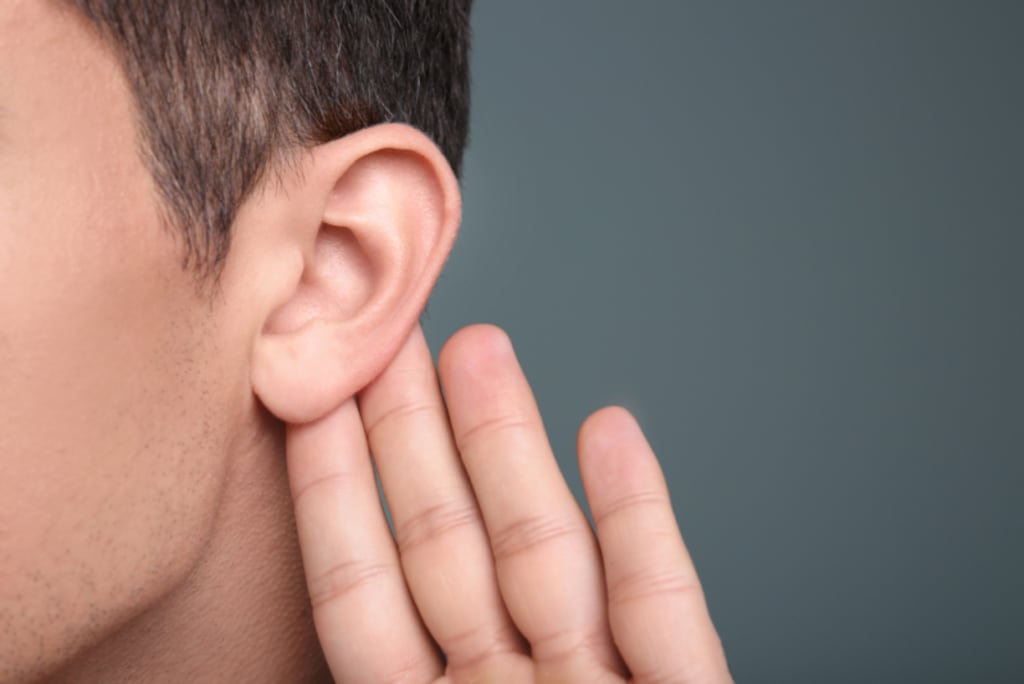
The human ear is an incredibly complex sensory organ responsible for our hearing ability. Unlike other body parts that can be easily and maintained through proper hygiene, the ear is often exposed to various risks that can lead to hearing loss and damage. Understanding the anatomy and function of the human ear, as well as ways to protect it, is crucial to maintaining healthy hearing.
The outer ear consists of the visible portion of the ear, called the pinna, and the ear canal. The pinna helps to collect soundwaves from the surrounding environment and direct them into the ear canal, which is lined with tiny hairs and produces earwax to protect the eardrum. The middle ear contains the eardrum, three small bones called ossicles, and the Eustachian tube. The eardrum vibrates in response to soundwaves and transmits these vibrations to the ossicles, which amplify the sound and send it to the inner ear. The Eustachian tube is responsible for equalizing air pressure between the middle ear and the environment. The inner ear contains the cochlea, a snail-shaped structure filled with fluid and tiny hair cells that detect the vibrations and convert them into electrical impulses that the brain can interpret as sound.

There are different ways in which the human ear can be damaged or degraded. One of the most common causes of hearing loss and tinnitus is exposure to loud noise. Exposure to noise levels over 85 decibels (dB) can cause damage to the hair cells in the inner ear, leading to permanent hearing loss. Other conditions such as ear infections, damage to the eardrum, and disorders affecting the inner ear can also affect hearing. Aging can also lead to hearing loss and other hearing-related issues.
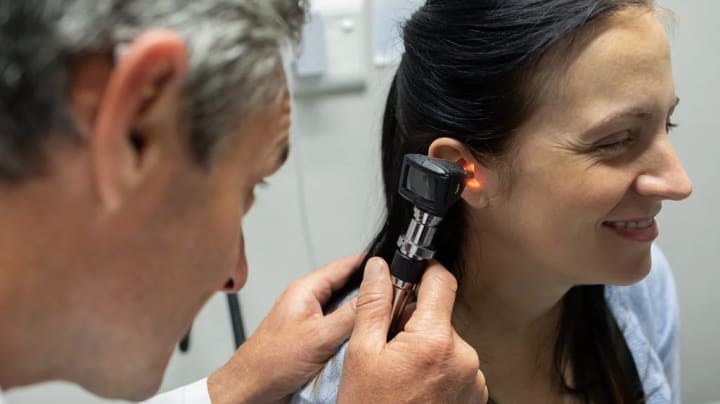
Here are 5 ways to protect the human ear:
1. Avoid exposure to loud noise
Exposure to loud noise, especially for prolonged periods, can damage the hair cells in the inner ear, leading to hearing loss and other hearing-related disorders. People working in industries such as construction, mining, and manufacturing should use earplugs or earmuffs to protect their ears from the loud noise. People listening to music on headphones or attending concerts should also be mindful of the volume levels. Experts recommend limiting headphone use to no more than 60 minutes per day at 60% of the maximum volume.
2. Keep ears clean and dry
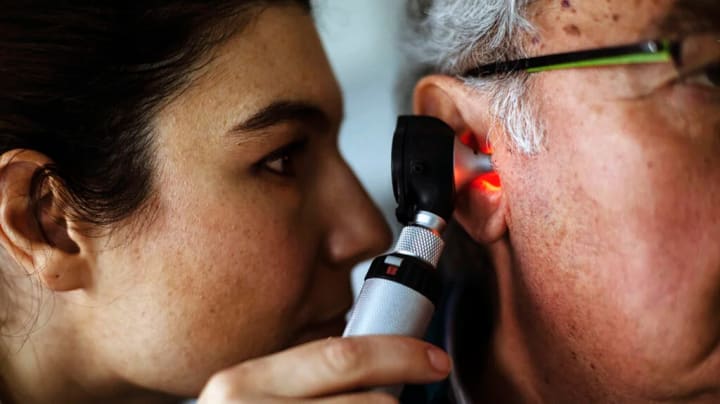
Excess earwax can cause blockages in the ear canal, leading to discomfort and even infections. However, it is crucial to clean ears gently to avoid damaging the eardrum or pushing wax further into the canal. Using cotton swabs to clean ears is not recommended as it can push wax further into the ear or damage the eardrum. Instead, it is recommended to use ear drops or see a healthcare professional for earwax removal. Additionally, ears should be kept dry to avoid infections.
3. Protect ears from trauma
Injuries to the head or ear can damage the eardrum or the delicate bones in the middle ear, leading to hearing loss or other complications. Activities such as swimming, diving, and contact sports should be done with ear protection such as swimming plugs or helmets with ear muffs.
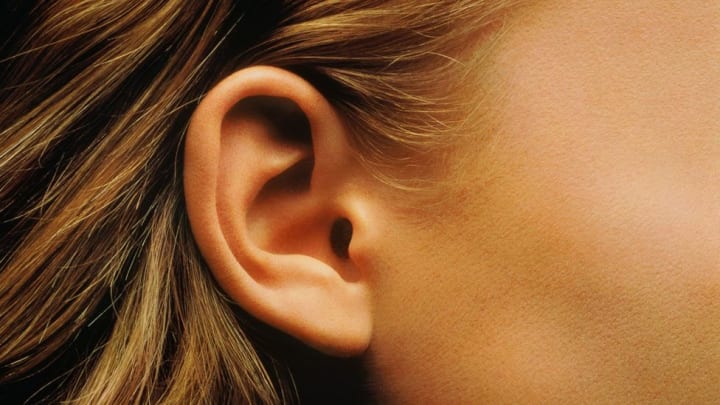
4. Maintain overall health
Certain health conditions such as high blood pressure, diabetes, and heart disease can affect hearing health. Maintaining a healthy lifestyle by eating a balanced diet, exercising regularly, and avoiding smoking and excessive alcohol use can help reduce the risk of hearing-related conditions.
5. Practice safe listening habits
Listening to music or audio at loud volumes using headphones or earbuds can cause damage to the ear over time. It is recommended to keep the volume below 60% of the maximum and limit listening time to no more than 60 minutes per day. Additionally, using noise-canceling headphones can reduce the need for higher volume levels in noisy environments, reducing the risk of hearing damage.
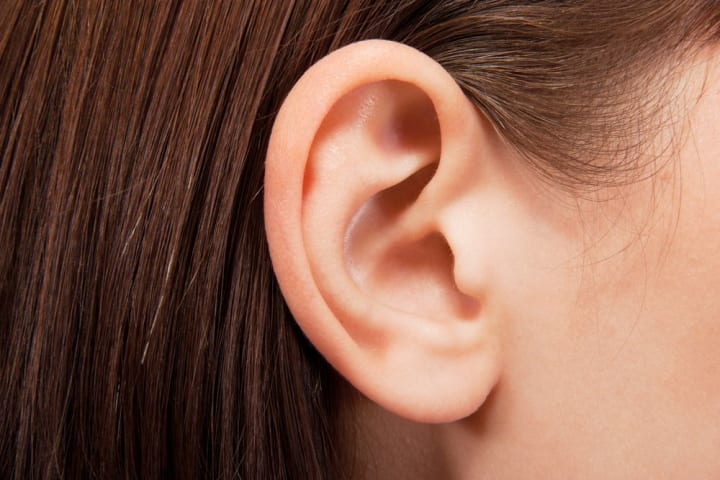
In conclusion, the human ear is a complex and vital sensory organ that needs to be protected and maintained for healthy hearing. Avoiding exposure to loud noise, keeping ears clean and dry, protecting ears from trauma, maintaining overall health, and practicing safe listening habits are simple yet effective ways of protecting the ear. By ensuring proper ear hygiene and taking the necessary precautions to protect the ear, we can prevent hearing loss and related complications, and maintain a lifetime of healthy hearing.
About the Creator
Freddy
mystery, facts and horror stories to read
Enjoyed the story? Support the Creator.
Subscribe for free to receive all their stories in your feed. You could also pledge your support or give them a one-off tip, letting them know you appreciate their work.






Comments
There are no comments for this story
Be the first to respond and start the conversation.